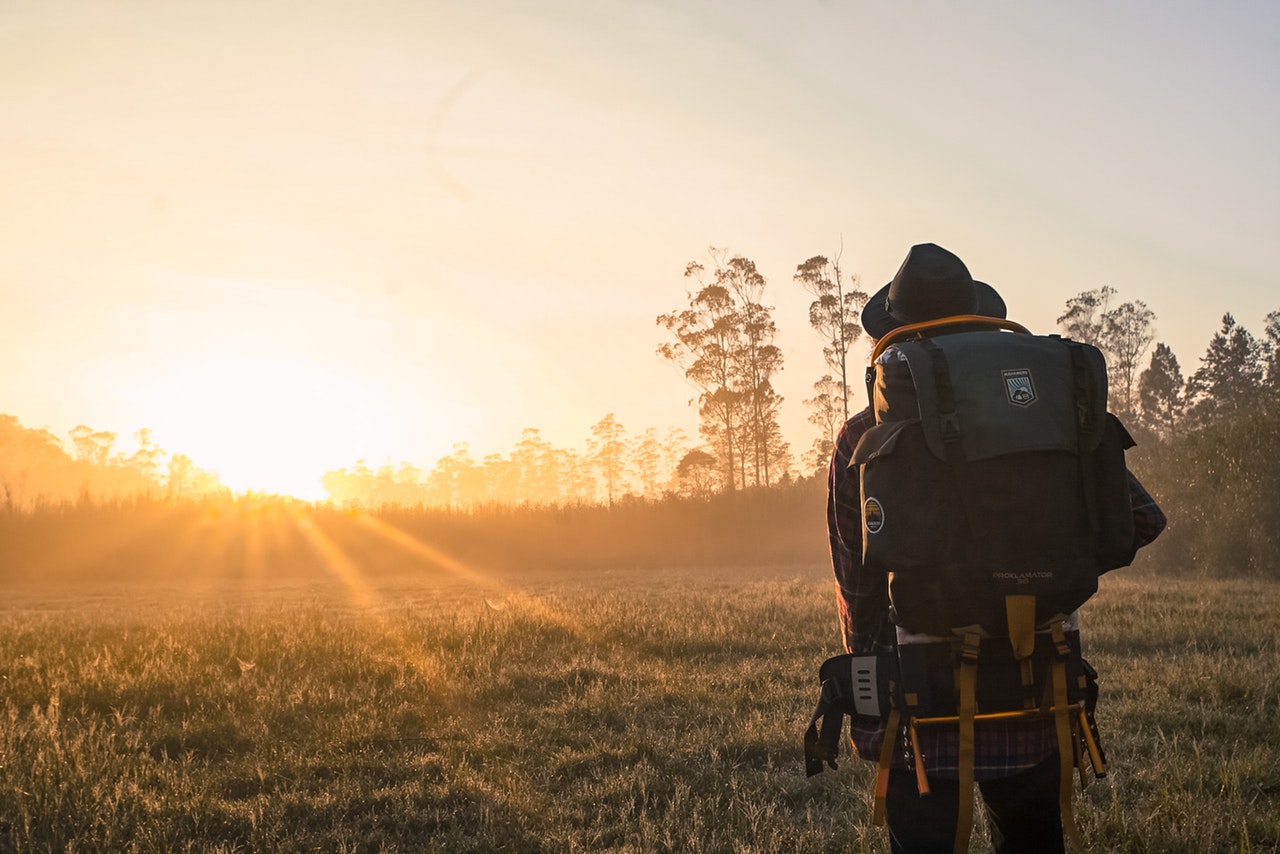Traveling is a fun, rewarding, and oftentimes, enlightening experience. But one thing you’ll realize along the way is how much waste and carbon footprint you’re leaving.
That is not to say, however, that you’ll be a better steward of nature if you travel less and stay at home more. It’s all a matter of being mindful of our actions and making a commitment to leave minimal impact on the environment. Whether you’ve just started a nomadic lifestyle or been at it for years, going zero waste is a worthy cause and philosophy to live by.
To help you transition, allow me to share some tips:
1. Assemble a zero waste travel kit
Whether you’re heading overseas to an exotic island or just camping in the nearby backcountry, a zero-waste travel kit will come in handy. A few weeks before your trip, make a list of all the things you may need and start buying their reusable/zero waste counterparts to avoid buying disposable items last minute.
Here’s what my travel kit would normally have:
- Bamboo toothbrush
- Castile soap (works wonders when you’re traveling as it can be used for the dishes, as well as for your face and hair.)
- Plaine Products – natural shampoo, body wash, and conditioner in refillable containers.
- Cloth napkins – these washable napkins are made of lightweight, high-quality fabric, which let you save on tissue and won’t take up much space in your pack.
2. Prefer non-stop long-distance flights over multiple layovers
Flying is the fastest and easiest way to reach a destination. Unfortunately, with the growing popularity of travel, the aviation industry has become one of the biggest polluters and waste producers. As frequent flyers, it’s our responsibility to take active measures to reduce our carbon footprint.
One way to do so is taking non-stop long-distance flights on big aircraft. While it’s tempting to take flights with multiple layovers, as they are cheaper, those extra dollars will make a big difference to our carbon emissions. Choose an airline that invests in a green fleet.
Today, there are several modern, eco-friendly aircraft, which have bigger capacities and burn less fuel than outdated models. Also, save on paper by downloading a PDF of your ticket and boarding pass.
3. Pack ultralight with reusable items
Another way to minimize your impact on the environment is to travel light, with reusable items (such as metal straws, utensils, empty water bottle, eco bags, and cloth napkins). If you can, pack your snacks and lunch in reusable containers. Airports and flights tend to produce so much waste, and one way to help alleviate this problem is to not leave trash behind.
By bringing one backpack that weighs within the limit for carry-ons, you can keep those stickers and paper from going to the landfill. Packing light doesn’t mean bringing less, but bringing only what you need, preferably high-quality items that you can use for a long time.
Read more about our ultralight packing tips.
4. Rent gear & equipment
In line with the ultralight packing principle, renting out a few travel gear and equipment can help you minimize your waste. You’ll not only avoid paying for extra baggage, it will also make you more mobile. If you’re going hiking, for example, instead of bringing an entire trove of travel paraphernalia, research local outfitters in your destination and arrange rentals before your trip. Buy and pack only what you think is essential.
5. Be mindful of your actions
It’s tough to live on the road with just a carry-on, but it is doable. A little patience and self-awareness will go a long way. Going zero waste is more than a lifestyle change, it’s a mindset that applies not just to the things you own, but how you tread this planet. What this means is that, if you can clean yourself in less than five minutes, then there’s no point lingering in the shower with the water running. If there’s plenty of time and sunlight to airdry your clothes, don’t use a dryer.
We are mere short-term tenants in this big, beautiful world, and the best thing we can do in exchange for that luxury is to tread it lightly. Make memories and indulge in its wonders, but leave no trace as much as possible.

